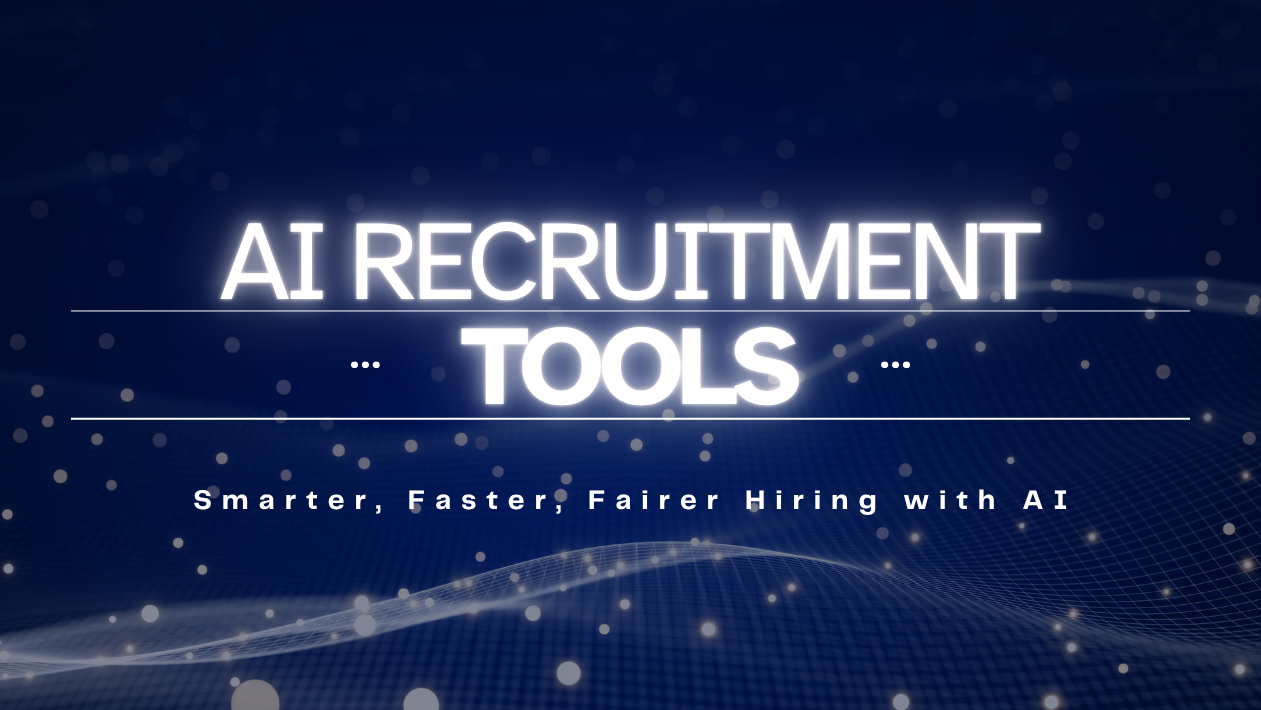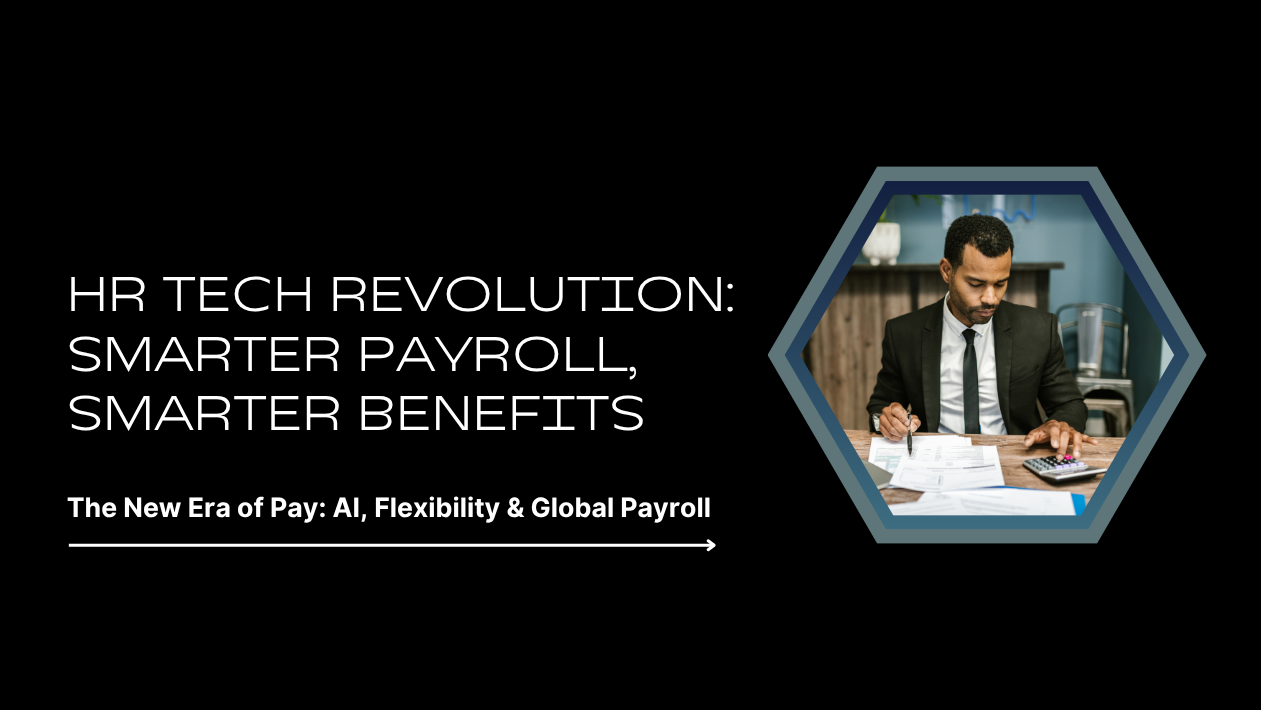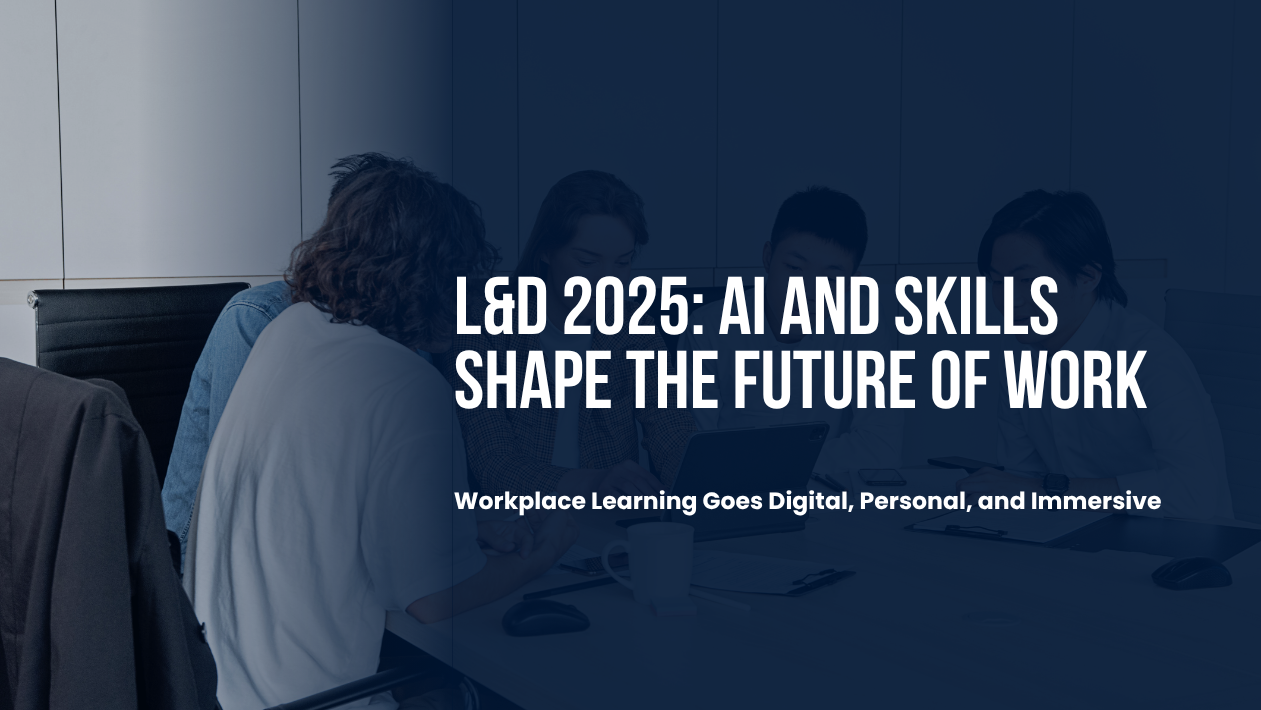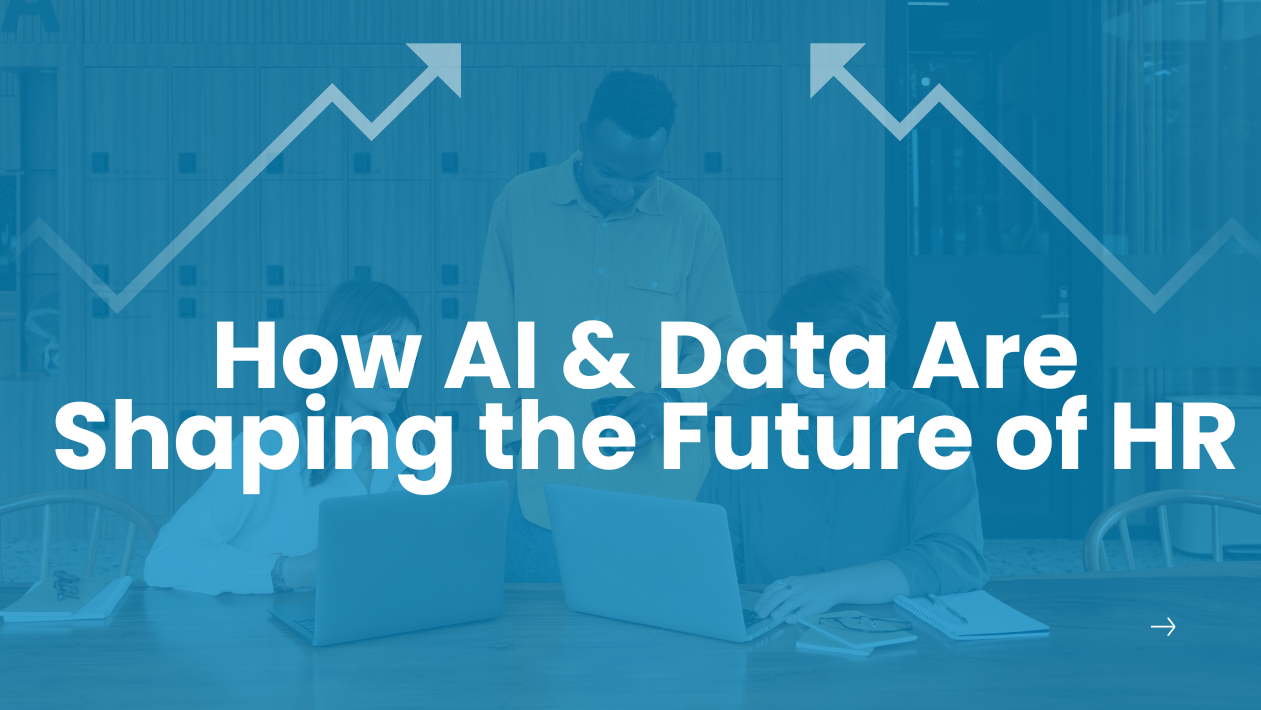As the pace of innovation accelerates across industries, Learning & Development (L&D) in 2025 has become a core business strategy—not just an HR function. Companies are prioritizing reskilling, upskilling, and continuous learning to stay competitive, with AI-powered platforms, skills-based learning paths, and bite-sized microlearning content reshaping how employees grow.
Organizations that embed L&D into everyday workflows are seeing major gains in employee engagement, productivity, and talent retention.
AI-Powered Learning Assistants Transform Employee Training
Intelligent learning systems like Docebo, EdCast, and Coursera for Business are leveraging AI tutors and adaptive learning engines to deliver personalized, data-driven content tailored to each employee’s role, goals, and learning style.
These platforms recommend the right courses at the right time, making learning more relevant and less time-consuming—a critical factor in today’s fast-paced work environment.
Skills-Based Learning Takes Center Stage
With the shift toward skills-first hiring and promotion, L&D leaders are focusing on measurable, job-ready skills rather than traditional degrees. Internal talent marketplaces and skill graphs are helping employees see clear career paths, while learning platforms are aligning content with in-demand competencies such as AI literacy, leadership agility, and customer-centric design.
Companies using skills-based L&D report up to 35% faster role readiness.
Microlearning and Mobile Learning Fuel Knowledge Retention
Employees in 2025 prefer quick, focused learning that fits into daily workflows. Platforms now offer microlearning modules—5- to 10-minute bursts of content—delivered via mobile apps, Slack integrations, and even voice assistants.
This trend boosts retention and allows workers to learn without stepping away from their core tasks, supporting on-the-go development.
Learning Culture Drives Employee Retention
According to recent surveys, employees who believe their employer supports their learning are 3x more likely to stay long-term. Organizations like Google, Unilever, and Infosys are leading the charge by building learning cultures, where time for education is protected, achievements are celebrated, and learning is part of every employee’s growth plan.
AR/VR and Gamification Make Learning More Engaging
Innovative companies are incorporating augmented reality (AR), virtual reality (VR), and gamified learning experiences to make training immersive and impactful. From simulated sales calls to virtual safety drills, experiential learning is driving higher engagement and confidence.





